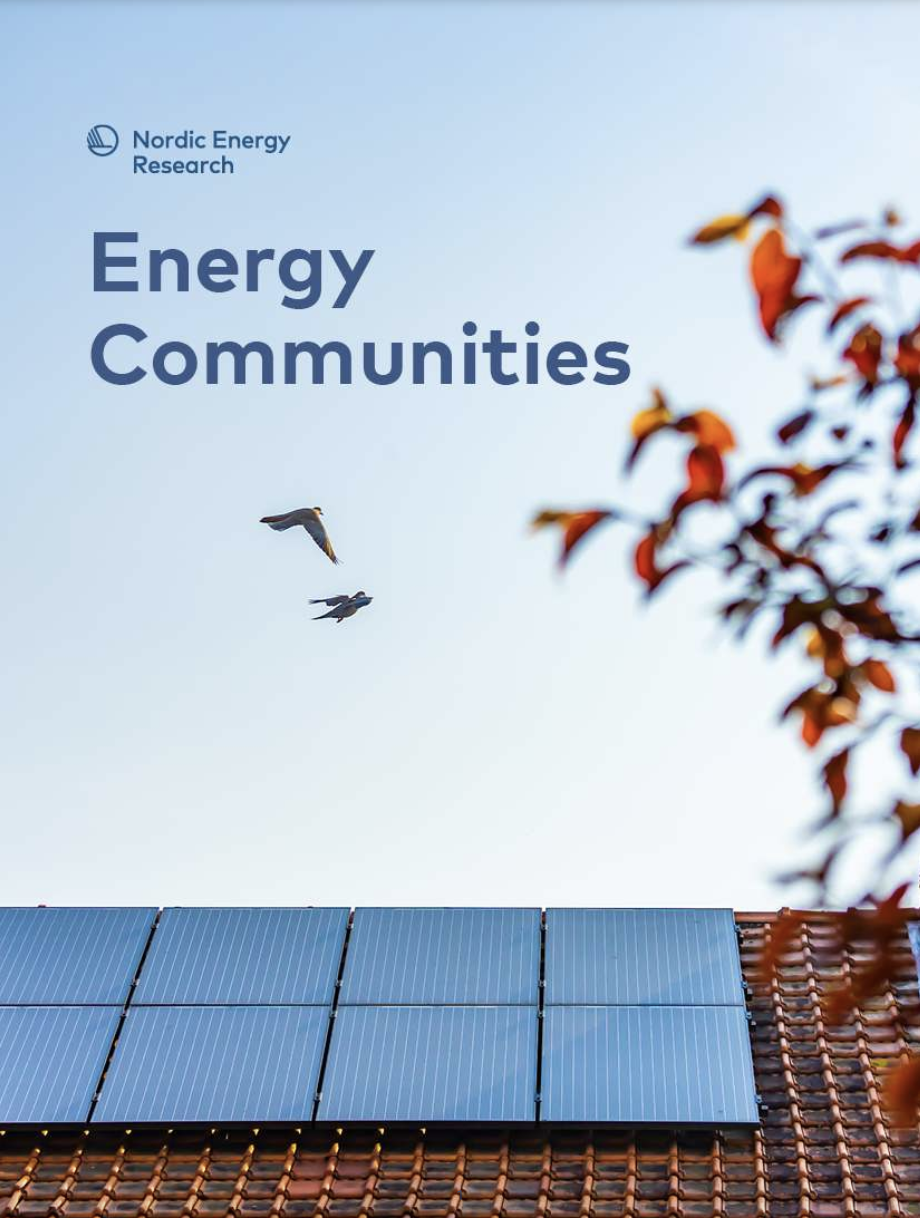Energy Communities
Publication date: 30 April 2024 | Report language: EN
The EU electricity market directive ((EU) 2019/944) includes new rules that enable active consumer participation, individually or through citizen Energy Communities, in all markets, either by generating, consuming, sharing or selling electricity, or by providing flexibility services through demand-response and storage.
The EU directive aims at improving the uptake of Energy Communities and at making it easier for citizens to integrate efficiently into the electricity system, as active participants. While energy communities have existed for a long time in several member states in the form of historical cooperatives, they are a novelty in others. Expected benefits of this new old idea are improved energy security and reduced CO2 emissions.
This study focuses on identifying barriers that hinder the establishment of Energy communities and enablers that can stimulate greater uptake of energy communities. In addition, the study provides a status on how the rules for Energy Communities in the Electricity Market Directive are implemented into the national legislation in the Nordic countries (Sweden, Denmark, Norway, and Finland) and three other European countries (the Netherlands, Austria, and Germany).







